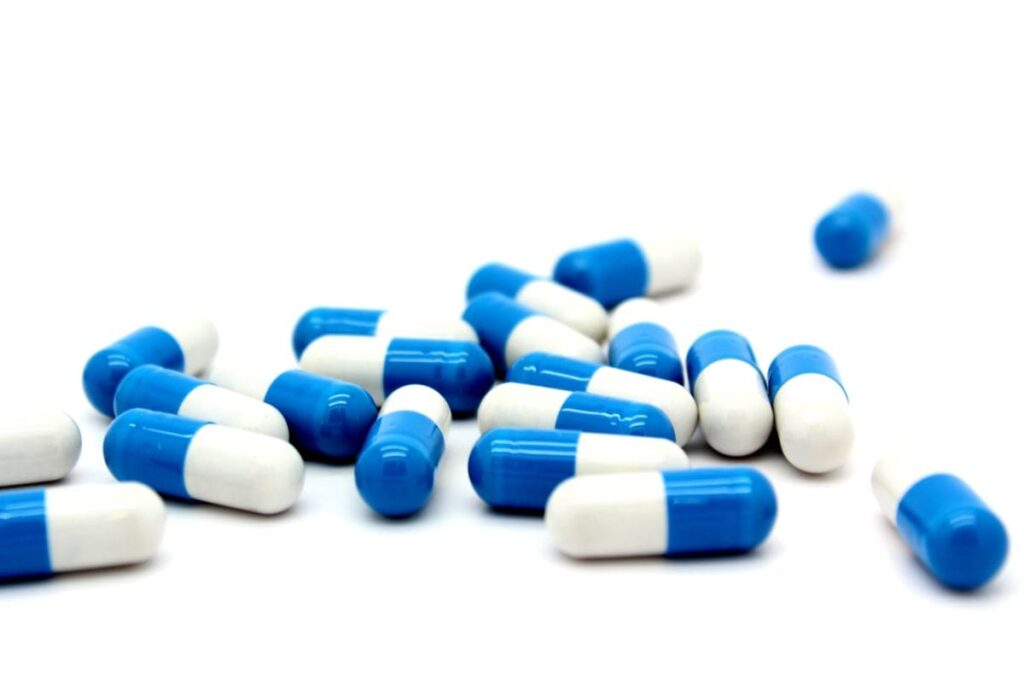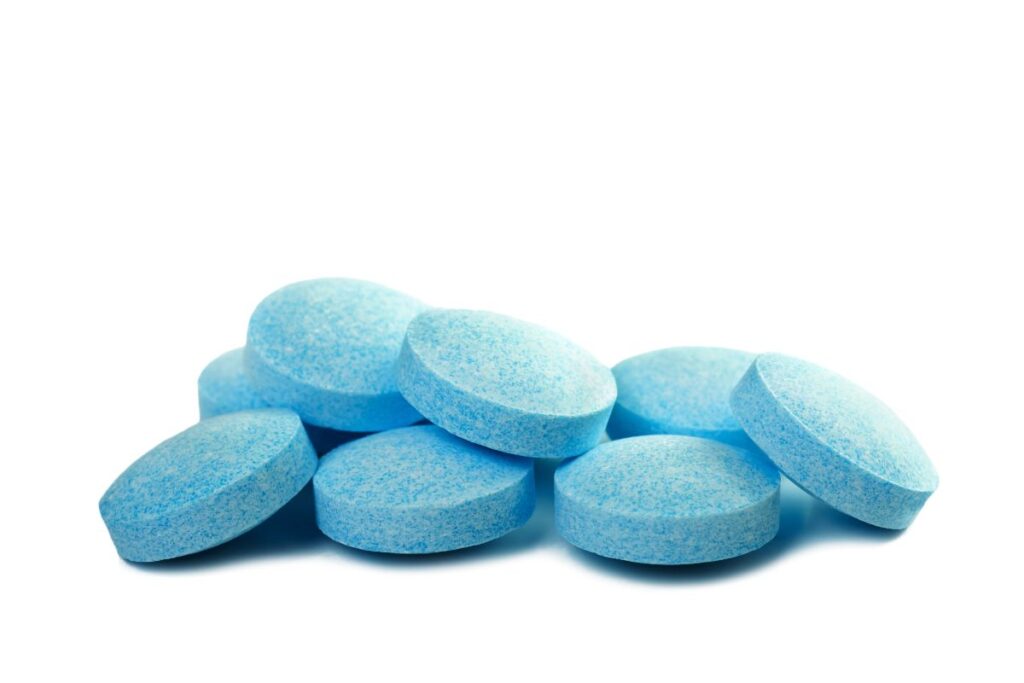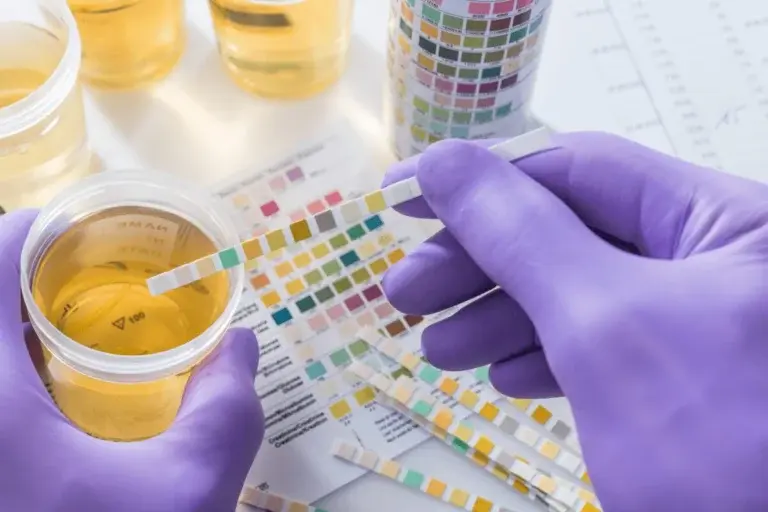Home » Addiction Treatment Programs in Massachusetts » Detox Programs in Massachusetts
Detox Programs in Massachusetts
Drug & Alcohol Detox
Detox programs in Massachusetts are the first step to recovery from drug and alcohol addiction.
Contact Lake Avenue Recovery today to learn more.
Home » Addiction Treatment Programs in Massachusetts » Detox Programs in Massachusetts
Detox Programs in Massachusetts
Drug & Alcohol Detox
Detox programs in Massachusetts are the first step to recovery from drug and alcohol addiction.
Contact Lake Avenue Recovery today to learn more.

At Lake Avenue Recovery, we partner with local detox programs in Massachusetts to help individuals find the best approach to care.
Turning over a new leaf and beginning to live a sober life starts with going to detox. This vital first step shepherds people through the challenging first days of living substance-free and sets them up for the next level of treatment.
Lake Avenue Recovery works with people who need to find a quality detox in Massachusetts to begin their journey to healing from addiction. Once they complete a short detox program, they can easily transition to our outpatient treatment facility. We will help them build on what they learned in detox and make tremendous progress in learning how to live without drugs or alcohol.
Learn more about addiction treatment programs in Massachusetts or call us at (508)794-4400 to begin your recovery.
What is Drug and Alcohol Detox?
Detox is the first place a person goes when they want to overcome an addiction to drugs or alcohol. Detox programs are usually residential and require the person to stay there for five to ten days, depending on the length and severity of their symptoms.
During detox in Massachusetts, the individual is monitored by medical and psychological clinicians to make sure they stay safe as they go through the detox process. This means the person receives any medications necessary to ease their withdrawal symptoms. They often attend therapy sessions to help them learn to deal with their forthcoming emotions.
After detox, the person transitions to either an outpatient or a residential program.
How Do I Know I Need Drug and Alcohol Detox?
When someone is lost in the world of drinking or abusing drugs, they often find it difficult to recognize how much they need help. Some believe they don’t qualify to go to detox in Massachusetts because they have control and can quit whenever they want without help. The reality is that someone who has lost control of their substance use needs professional help from a licensed program.
If you feel uncertain about whether or not you need to attend a drug and alcohol detox, ask yourself the following questions:
- Do I need to drink or use drugs every day or else I feel I cannot function?
- Do I spend a lot of money on alcohol or drugs?
- Have loved ones or co-workers told me I have a problem and need to get help?
- Do I experience withdrawal symptoms such as delirium tremens when I don’t ingest my usual amount of substances?
- Have I tried to quit drugs or alcohol on my own but couldn’t do it?
- Have I gone to a program in the past but ended up relapsing?
- Is my physical or mental health damaged due to my substance use?
Talk to a loved one, your doctor, or an addiction counselor about your answers to these questions to determine if you need to go to detox.

What Drugs Require Detox?
The term “substance use disorder” covers several types of substances. When someone develops an addiction, it takes over their lives and makes it difficult to sustain healthy relationships, attend school, and do well at work. When it comes to going to an alcohol or drug detox in Massachusetts, a person can do so to address any number of types of addiction. The substances detox programs cover include:
- Alcohol
- Benzodiazepine
- Cocaine
- Opioids
- Hallucinogens
- Fentanyl
- Heroin
- Kratom
- Marijuana
- Methamphetamines
- Prescription drugs
Some people have an addiction to more than one substance. Fortunately, they can be treated simultaneously at a quality detox center.
What to Expect at a Detox Program in Massachusetts
When a person arrives at a program for detox in Massachusetts, they will receive a thorough assessment so that their treatment team understands the nature of their addiction. This includes what substances the person uses and how much and long they’ve been using them.
This allows the staff to prepare a treatment plan that suits their unique needs. While the individual moves through the detox process, they will be monitored for withdrawal symptoms and provided with prescription medications, including those for opioid use disorder, if needed, that alleviate both physical and emotional withdrawal symptoms.
Planning for the next stage of treatment will also take place so the person can seamlessly move to the next stage of getting healthy.

Detox: Withdrawal Symptoms + Timeline
While not everyone has the exact same withdrawal symptoms, many of them are common for both drugs and alcohol. Generally, mental health symptoms like anxiety and depression linger after detox. Withdrawal timelines for commonly abuse substances are as follows:
Alcohol Detox Timeline + Withdrawal Symptoms
- First 6-12 hours: Withdrawal symptoms begin and are relatively mild. These can include headaches, upset stomach, or mild unease.
- The first 24 hours: Withdrawal symptoms continue to worsen. Some people may experience hallucinations at this time.
- Between 24-72 hours: Symptoms peak around three days after you stop drinking. This is the period of detox where severe symptoms (delirium tremens) are most likely to occur.
- Three days to one week: After withdrawal symptoms peak, you may have some lingering symptoms. However, the most severe symptoms should subside. Most people complete detox programs within about one week.
Common withdrawal symptoms during alcohol detox include the following:
- Headache
- Upset stomach
- Nausea, vomiting, and diarrhea
- Tremors or shakes
- Insomnia
- Fatigue
- Mood swings
- Anxiety
- Increased blood pressure and heart rate
- Abnormal or rapid breathing
- Seizures
Opioid Detox Timeline + Withdrawal Symptoms
- First 8-12 Hours: Withdrawal symptoms begin to appear, mildly at first. However, some people also get cravings to use again as symptoms start in order to relieve their discomfort.
- 24-72 Hours: Symptoms escalate in severity and peak around the third day of detox.
- Days 3-7: As withdrawal symptoms wane in severity, you might have lingering exhaustion and mental health symptoms for a few more days.
It should be noted, however, that short- and long-acting opioids will vary in terms of withdrawal timelines. Long-acting opioids include controlled release medications as well as methadone. They might take up to 36 hours before withdrawal begins and symptoms could last two weeks or more.
Common opioid withdrawal symptoms include the following:
- Nausea, vomiting, and diarrhea
- Profuse sweating
- Anxiety
- Bodily pain
- Chills
- Increased body temperature
- High blood pressure
- Rapid heart rate
Benzodiazepine Detox Timeline + Withdrawal Symptoms
- 6-12 Hours: Withdrawal symptoms begin, mildly at first, however, symptoms continue to worsen.
- 1-4 Days: Since most people using benzodiazepines (benzos) take them as a prescription for insomnia or anxiety, these conditions will start to rebound. Thus, even if you don’t misuse or abuse benzos, you will have withdrawal if you suddenly stop taking your prescription. For those who take benzos without a prescription, withdrawal symptoms will worsen and you may feel restless and uneasy at this time.
- One week to a month later: Benzo withdrawal symptoms can last weeks or even months. This depends on how long you’ve taken them, your dosage, and any misuse or abuse of these drugs.
Remember, even if you take benzodiazepine as prescribed, you will still experience withdrawal symptoms if you suddenly stop taking them. Talk to your doctor or psychiatrist before discontinuing your medication. They might recommend gradually decreasing your dose or help you find a detox center to safely overcome withdrawal.
Benzo withdrawal symptoms can include the following:
- Nausea
- Panic attacks
- Shakes and tremors
- Anxiety
- Sweating
- Heart palpitations
- Insomnia
- Mood swings
- Muscle aches and pains
- Seizures
Therapies Offered in Detox
During detox, you can expect a variety of addiction therapies to ease your withdrawal symptoms and address underlying mental health issues. This will help you begin the long-term recovery process that will continue to the next stages of treatment.
Therapies offered during detox may include the following:
- Individual Therapy: During individual therapy, you can address unique issues related to your addiction and mental health. Your therapist will help you develop healthy coping skills and provide insight on your addiction.
- Group Therapy: Group therapy sessions are a valuable aspect of any addiction recovery program. A trained therapist will facilitate a therapeutic discussion among peers in recovery. That way, you and your peers can share similar experiences and provide support for one another.
- Cognitive-Behavioral Therapy (CBT): Cognitive-behavioral therapy is among the most common types of therapies for mental and behavioral health issues. This is because CBT is an evidence-based practice. In other words, CBT gets results and many therapies are derived from CBT principles.
- Dialectical Behavioral Therapy (DBT): Dialectical behavioral therapy is a form of CBT originally developed to treat borderline personality disorder (BPD). However, DBT has been proven effective in treating a variety of conditions, including substance use disorders.
- Trauma Therapy: Many people with an addiction and co-occurring mental health disorder struggle with some type of trauma from their past. Trauma therapy helps you process your trauma so you can heal and move forward.
- Adventure Therapy: Adventure therapy incorporates elements of talk-therapy with physical activity—often outdoors. During adventure therapy, you might hike, go backpacking, kayak, rock climb, or engage in other activities. This helps you develop self-confidence as you challenge yourself during these activities.
- Holistic Therapy: Holistic therapy involves treating the whole person in recovery, including their physical and emotional well-being. Common holistic practices include mindfulness, breathwork, and yoga.
In addition, we offer the following specialized holistic practices:
-
- Acupuncture: Acupuncture is a holistic approach that is thousands of years old. It involves inserting needles into specific points of the body to relieve stress and muscle tension.
-
- Exercise Program: Exercise programs can help you reduce stress and improve co-occurring mental health conditions, such as depression and anxiety.
Massachusetts Detox Programs
No matter what substance you are quitting, detox programs in Massachusetts can help you. In addition, detox programs treat polysubstance abuse—addiction to more than one substance.
The following are some of the most common types of detox programs:
Alcohol
Detox
Alcohol detox is the first step to recover from an alcohol addiction. Throughout alcohol detox, you’ll get the care you need to overcome withdrawal symptoms.
Drug
Detox
Drug detox programs help you safely quit abusing a variety of both illegal and prescription drugs so that you can engage in long-lasting addiction recovery.
Cocaine
Detox
Cocaine detox helps you manage the unpleasant withdrawal symptoms that lead so many people to relapse soon after they quit abusing cocaine.
Opioid
Detox
Opioid detox programs keep you safe from the cravings that often arise soon after you stop abusing opioid drugs, like fentanyl, heroin, or prescription painkillers.
Does Insurance Cover Detox?
Many insurance companies understand that substance use disorders cause great damage to a person’s physical and mental health. For that reason, most of them offer some type of coverage for a detox program. Contact your insurance company and ask about your options, including what’s available near you and what levels of care your policy covers.
Here’s a list of some insurance carriers that cover our programs at Lake Avenue Recovery:
Make sure you obtain permission before beginning detox in Massachusetts. Prior approval is the norm for most insurance policies. Verify your insurance today by contacting us.
Begin Treatment at a Detox in Massachusetts
Are you ready to go to detox and then enter an outpatient treatment program that will change your life? Lake Avenue Recovery maintains relationships with local detox programs and can help you find and begin the enrolling process for the right one for you. Let us help you get on the road to recovery with a high-quality and confidential detox in Massachusetts.
Do you have questions about how our program works? Please contact us now and we can answer them and help you get started on the happy, sober life you deserve.
- How Long Do Suboxone Withdrawals Last?
- How Long Does It Take to Detox from Fentanyl?
- Baclofen Withdrawal, Timeline, and Treatment
- Seizures from Alcohol Withdrawal: How Common Are They?
- How Long Does Alcohol Withdrawal Last?
- Is Alcohol Withdrawal Dangerous?
- How Long Does Post-Acute Withdrawal Syndrome (PAWS) Last?
Learn more About our Treatment Options
How Long Does Vyvanse Stay In Your System?
Vyvanse is a prescription medication often used to treat ADHD and binge...
Feening For Drugs: What Does It Mean?
If you’ve ever heard someone say they’re "feening for drugs," they’re talking...
What is Blue Xanax?
Blue Xanax is a prescription medication used to treat anxiety and panic...
The Dangers of Effexor
Effexor (venlafaxine) is a widely used antidepressant that helps treat depression, anxiety,...
Mental Health Statistics in Massachusetts: Facts & How to Get Help
If you or someone you know is struggling with mental health, you’re...
How Long Does Alcohol Stay in Urine?
Key Takeaways Alcohol can be detected in urine for up to 12...
Instant Insurance Verification
Same-Day Clinical Assessment
Free &
Confidential
Start Your Journey to Recovery Call Now.
We have a longstanding foundation in the treatment and recovery community
Lake Avenue Recovery is a state licensed and Joint Commission accredited organization committed to promoting, maintaining, and restoring the dignity, well-being and mental health for those with substance use disorders and their families serving greater Worcester county and beyond.
- 132 Years Clinical Excellence
- 105 Years Recovery Experience
- 8:1 Ratio Client to Staff
- 12 Publications on Alcohol and Drug Use






